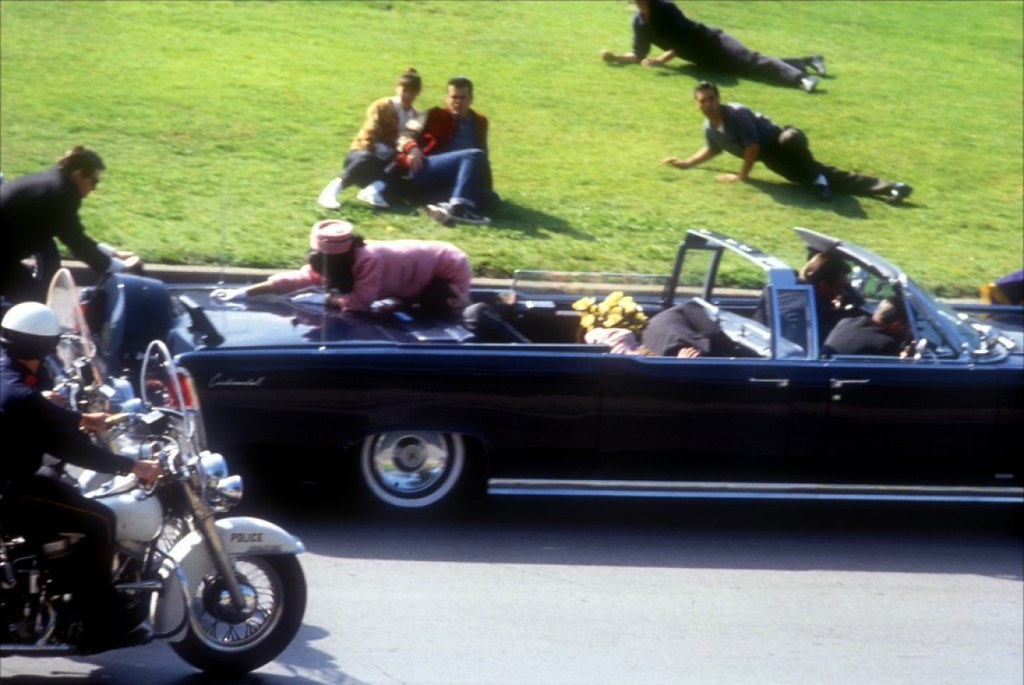
I recently listened to a lecture on memory and was introduced to the concept of Flashbulb Memories. These are memories so intense that people know exactly where they were and what happened when the event occurred. September 11 is a perfect example. Assassinations are another.
Flash bulb memories: three assassinations that shaped my world view from age 18 to 23.
November 22, 1963 — President John Fitzgerald Kennedy
I was a freshman at the University of Michigan, sitting in a Spanish literature class around 12:30 on a Friday, when I heard some commotion in the hallway. The professor left the room and came back to announce abruptly that JFK had been killed and all of us should “get out of here.” I remember wandering the campus dazed, crying, and alone. I had recently turned 18 and was away from home for the first time. As I passed other sobbing students, I headed back to my dorm to call my parents.
I don’t remember how long it took for me to reach them, but my father drove to campus to bring me home because I was hysterical. On the drive, he tried to comfort me by telling me how much worse it was when FDR died. Since FDR was ancient history to me and I was totally enamored by the Kennedy Camelot vibe, his history lecture fell flat and (much to his chagrin) I couldn’t stop crying.
I watched television all weekend, and the images are still so vivid:
- Walter Cronkite removing his glasses and wiping away tears to announce Kennedy’s death.
Jackie in that pink dress climbing onto the back of the car to escape the horror.
LBJ being sworn in on the plane bringing JFK’s body back to Washington, standing next to a dazed Jackie still wearing that pink, blood-stained suit. 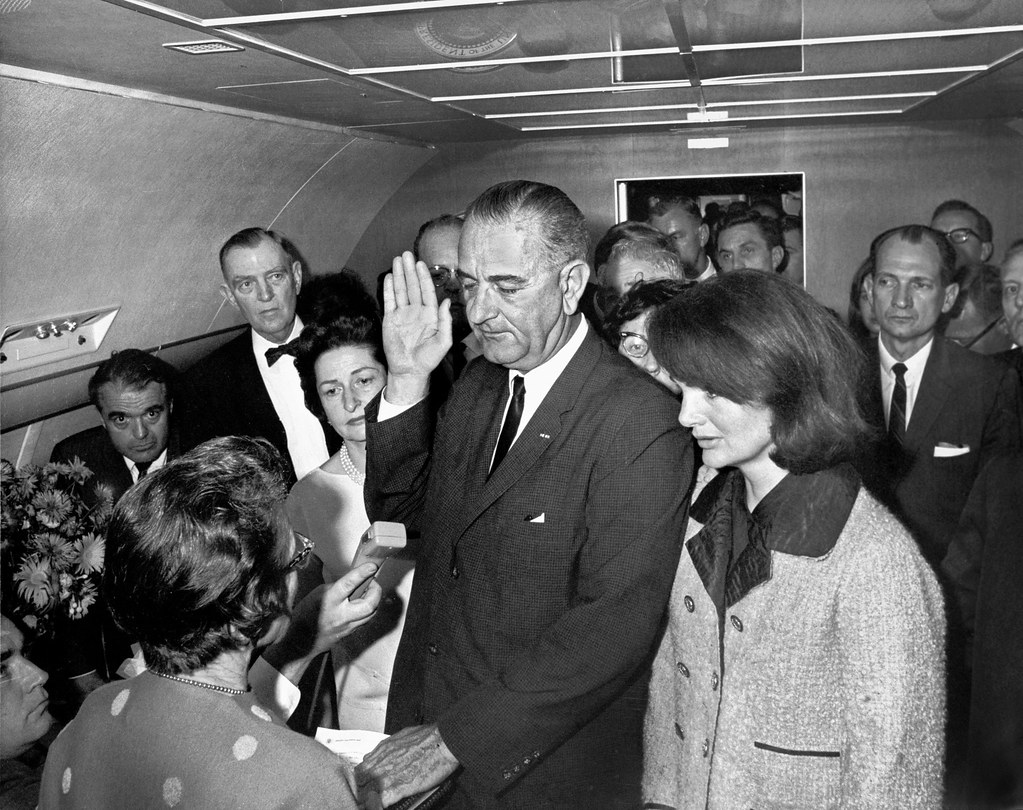
Jack Ruby assassinating Lee Harvey Oswald on Sunday, November 24, which I watched in disbelief live on television.
I must have stayed home on Monday, November 25 to watch the funeral. The image of John-John saluting his father’s casket is still embedded in my brain.
April 4, 1968 — Martin Luther King
My fiancé and I were in a laundromat near my apartment. A racially diverse crowd was there, trying to get laundry done before dark. I remember a small black and white TV with lots of static that was set up in a corner. Before the TV announcement caught our attention, someone ran into the laundromat screaming that Dr. King had been killed. Pandemonium broke out as some people screamed while others started to cry.
After scooping up our laundry, once again we watched the drama unfold on television. This time, I was with my fiancé when I watched King’s funeral, feeling sorrow for another young widow and her children. We also watched in sadness and horror as the west and south sides Chicago erupted in rioting — shattered windows, looted stores, and buildings set on fire.
Mayor Richard J. Daley’s response foreshadowed the 1968 convention reaction to protestors. He imposed a curfew on anyone under the age of 21, closed the streets to cars, and sent in 10,500 police officers. By April 6, more than 6,700 Illinois National Guard troops had arrived, along with 5,000 regular Army soldiers ordered into the city by President Johnson. Daley gave police the authority “to shoot to kill any arsonist or anyone with a Molotov cocktail in his hand … and … to shoot to maim or cripple anyone looting any stores in our city.”
I was left feeling very worried about the direction our country and Chicago were headed. My fiancé and I supported Gene McCarthy at the time, and his roommate was organizing the local McCarthy for President organization, which leads me into my third assassination story.
June 5, 1968 — Robert Francis Kennedy
When Kennedy entered the race for president in March, 1968, ardent McCarthy supporters felt betrayed. Being a realist, I shifted my support to him, but kept it quiet due to my fiancé’s roommate. On June 5, Kennedy had won the California presidential primary and giving his victory speech at the Ambassador Hotel in Los Angeles. I was asleep, as it was 2:00 am in Chicago and I had to go to work at my teaching job in the morning.
This part of the story belongs to my future husband, who was in his apartment bedroom studying for his major exam for the end of his first year of medical school. Just as he had gone to bed, he heard a major commotion. His roommate was shouting and the phone was ringing off the hook. Ardent McCarthy supporters were initially excited that Sirhan Sirhan shot Kennedy. Now, their beloved candidate had a clear path to the Democratic nomination.
I don’t remember how I got through the next day teaching English to students who were very upset about what had happened. Thursday night, just after midnight, RFK was pronounced dead. Again, I watched everything unfold on television, so the iconic scenes of June 5, 1968 are still clear to me:
- Bobby’s victory speech in which he proclaimed, “So my thanks to all of you and on to Chicago and let’s win there.”
- The iconic photo of the kitchen worker cradling Kennedy’s head.
- Another young widow, pregnant, mourning the violent death of her husband and the father of her young children.
Richard Holler’s 1968 song, Abraham, Martin and John, still runs through my head when I think of these assassinations that shaped my world view from age 18 to 23, when I became a married woman in August, 1968.
Anybody here seen my old friend Abraham?
Can you tell me where he’s gone?
He freed lotta people but it seems the good they die young
You know I just looked around and he’s gone.
Anybody here seen my old friend John?
Can you tell me where he’s gone?
He freed lotta people but it seems the good they die young
I just looked around and he’s gone.
Anybody here seen my old friend Martin?
Can you tell me where he’s gone?
He freed lotta people but it seems the good they die young
I just looked around and he’s gone.
Didn’t you love the things that they stood for?
Didn’t they try to find some good for you and me?
And we’ll be free
Someday soon, it’s gonna be one day
Anybody here seen my old friend Bobby?
Can you tell me where he’s gone?
I thought I saw him walkin’ up over the hill
With Abraham, Martin, and John.
Boomer. Educator. Advocate. Eclectic topics: grandkids, special needs, values, aging, loss, & whatever. Author: Terribly Strange and Wonderfully Real.


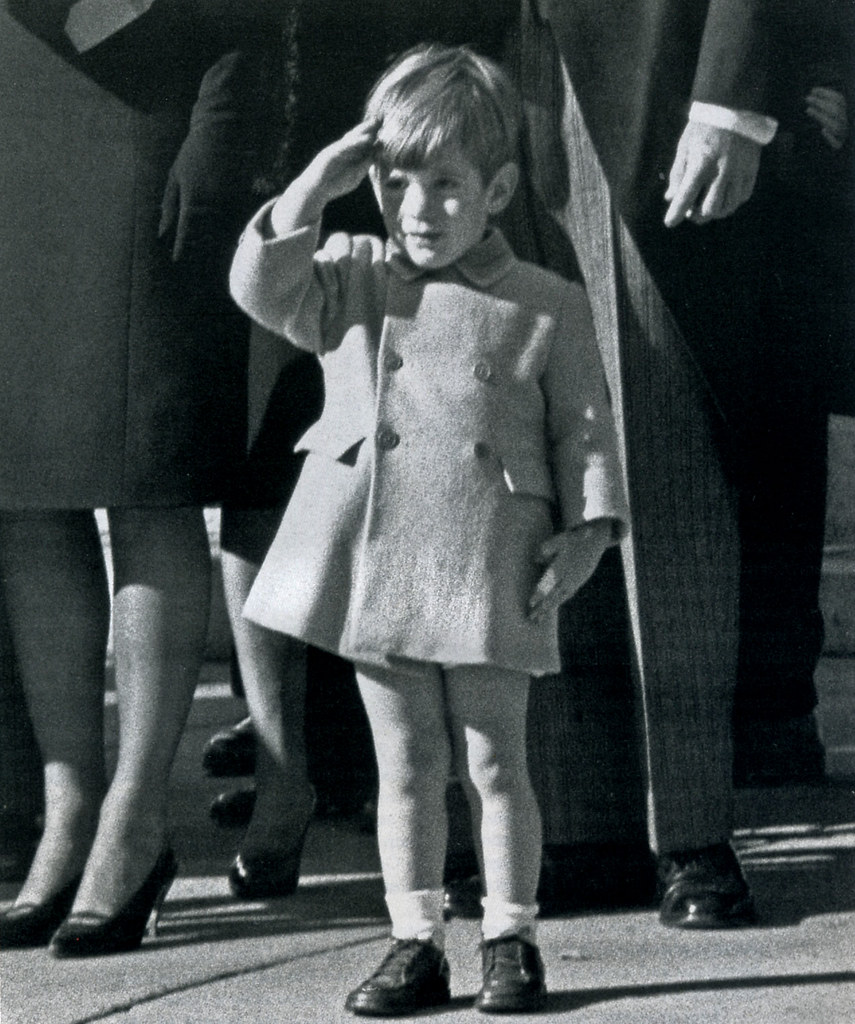
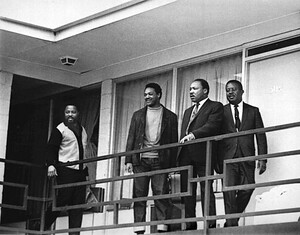
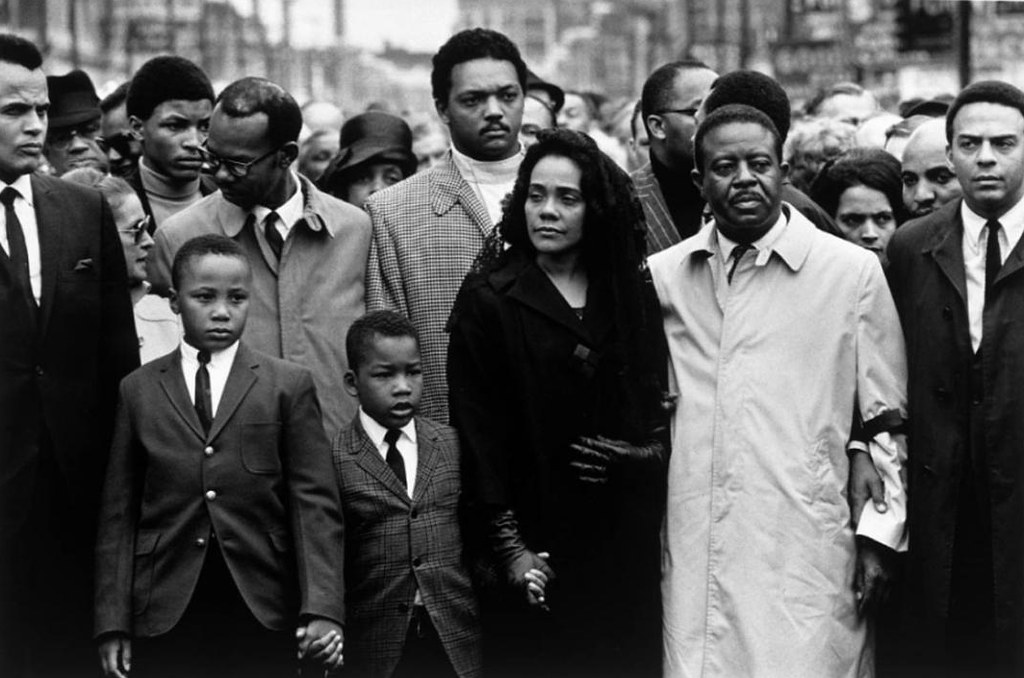
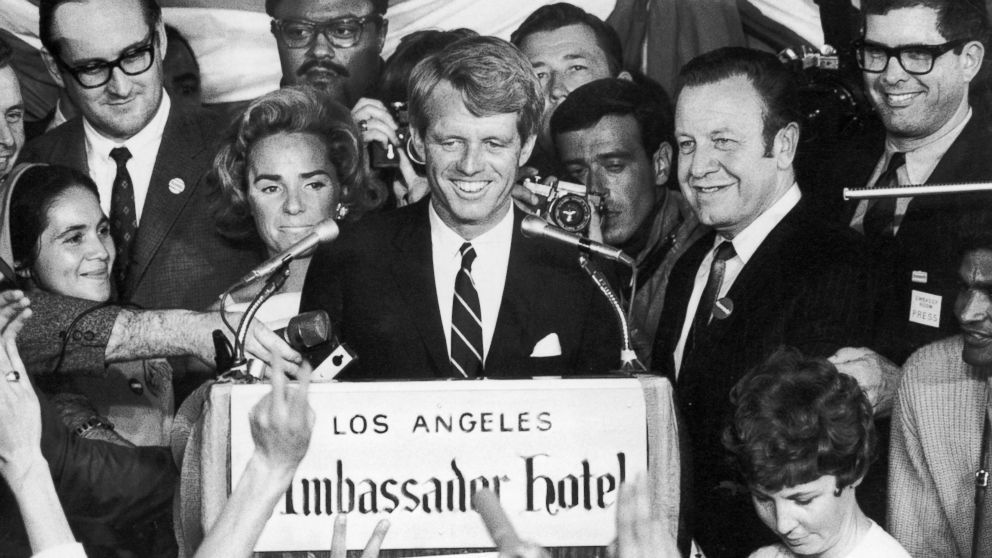

You sum up those days and the feelings they evoked so well, Laurie. I was much younger (you will see what happened to me during those four November days in 1963) and but I remember that song quite well. I was finishing up 10th grade in 1968. We sang that song at the bus stop, waiting to go to high school. Our world was upside down. Innocence was shattered.
It was such a loss of innocence. I think after not paying much attention to what happened during the Eisenhower years, JFK was such an amazing change.
Post WWII America seems to have been extensively shaped by the violent demise of those who rock the ruling class’s boat.
I read somewhere that Jackie was not trying to escape the limo. She went out on the trunk to retrieve a large piece of her husband’s head and brain, in some crazy forlorn hope that it could be put back in place.
If that’s true, it is even sadder. I don’t think she was trying to save herself, but rather to escape the horror.
Thank you for the moving recollections, Laurie. I particularly liked that you have now put a name — “flashbulb memories” — to the “Where were you wehn…..?”phenemenon that I also discussed. I am going to have to remember that perfect term going forward — though I realize that current generations probably don’t even know what “flashbulbs” are.
And thank you too for reminding me of “Abraham, Martin and John,” which I’ve always resonated to. I recall being so surprised that it was sung by Dion, until then known only for some jukebox favorites such as “The Wanderer” and “Run Around Sue,” rather than “meaning” songs. Equally surprising, I have just googled and learned that Dick Holler’s previous hit had been the novelty song “Snoopy vs. The Red Baron.” These chilling assassinations obviously struck a chord (pun intended).
I thought about the flashbulb reference since the lecturer teaches undergrads at Northwestern. Maybe he just used it for us “lifelong learners”? Thanks for your research about Dion and Dick Holler. I had no idea. I was going to say musicians probably have at least one great song, but I must admit to loving “Run Around Sue.”
Thanx Laurie for your flashbulb memories of those three awful events. This week I wrote about my memories of JFK’s assassination and awhile ago penned my memories of MLK’s.
(See https://www.myretrospect.com/birmingham/)
As tragic as those assassinations were, what’s happening nationally these last few years seems as horrific, and today the hateful shooting in a gay club in Colorado. Heaven help us.
I never thought I would feel as upset as I did in 1968, or that I would hate a president as much as Nixon. Yet, here we are. So much hate, although I just expressed mine for Nixon and Trump. But to kill people for who they are is unspeakable.
Laurie,
Very well done, and I like the concept of flashbulb memories. You have laid out the three clearest ones for all of us boomers. I was working at the The Daily Oklahoman when Dr. King was killed, and I remember the sudden silence that engulfed the newsroom. Years later, when I lived in Memphis, I would take visitors to the Loraine Motel and adjacent Civil Rights Museum. Still hard to fathom after all these years.
These assassinations shaped our world view as boomers. So much changed about our country after them, and our innocence was definitely lost.
Those assassinations coming one after the other were seared into our generation for sure. You describe them so well. It is sobering to realize they actually are part of a history before and after of violence and shattering destruction. Which we still seek to counteract and make sense of. Just as your dad was more affected by FDR’s death, I’m sure younger folks barely know about these three assassinations except perhaps as ancient history—or they don’t resonate. I remember the song Abraham, Martin and John well.
Khati, so many things that affected our generation are ancient history to my grandkids. I have saved my stories for them and hope that someday they will read them. If we don’t know history, we are doomed to repeat it. I was blown away by the Rachel Maddow podcast Ultra. No one ever taught me that history.